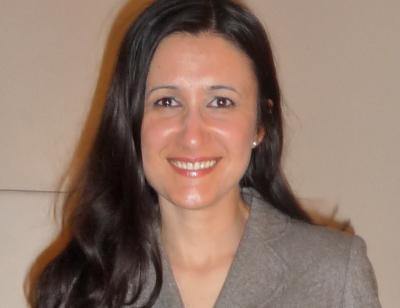Among older women, getting a mammogram every two years was just as beneficial as getting a mammogram annually, and led to significantly fewer false positive results, according to a study led by UC San Francisco.
The national study of more than 140,000 women between the ages of 66 and 89 appears online February 5, 2013, in the Journal of the National Cancer Institute.
"Screening every other year, as opposed to every year, does not increase the probability of late-stage breast cancer in older women," said lead author Dejana Braithwaite, PhD, a UCSF assistant professor of epidemiology and biostatistics. "Moreover, the presence of other illnesses such as diabetes or heart disease made no difference in the ratio of benefit to harm."
From 1999 to 2006, data were collected on 2,993 older women with breast cancer and 137,949 women without breast cancer – "the largest available screening mammography data set in the United States," according to Braithwaite.
The researchers found no difference in rates of late-stage breast cancer between women screened annually and women screened biennially.
However, they found that 48 percent of women between the ages of 66 and 74 who were screened every year had false positive results, while 29 percent of women in the same age range who were screened every two years had false positives.

This is Dejana Braithwaite, Ph.D.
(Photo Credit: UCSF)
"Women aged 66 to 74 years who choose to undergo screening mammography should be screened every two years," said senior author Karla Kerlikowske, MD, a professor of medicine at UCSF and a physician at the UCSF-affiliated San Francisco VA Medical Center. "They get no added benefit from annual screening, and face almost twice the false positives and biopsy recommendations, which may cause anxiety and inconvenience."
Braithwaite noted that the study "fills an important information gap, since accountable care organizations do not address screening intervals or screening cessation in women of advanced age or with a significant burden of illness."
She concluded that, taken together, "these results point to a need to consider life expectancy and co-existing illnesses in informing future recommendations about cancer screening in the elderly."

This is Karla Kerlikowske, MD.
(Photo Credit: Susan Merrell/UCSF)